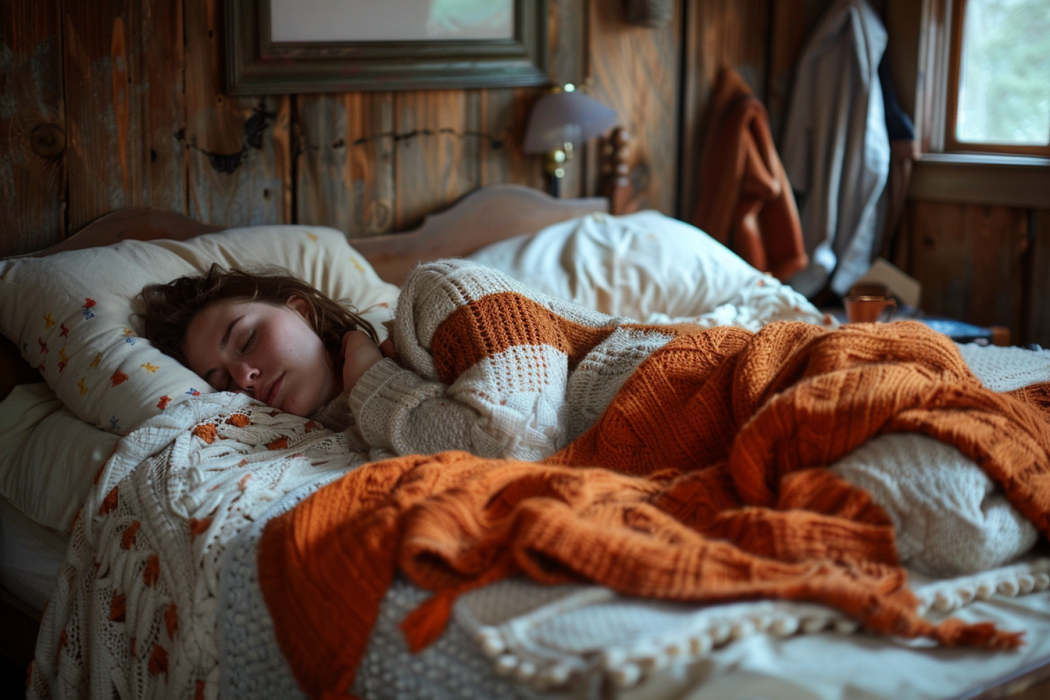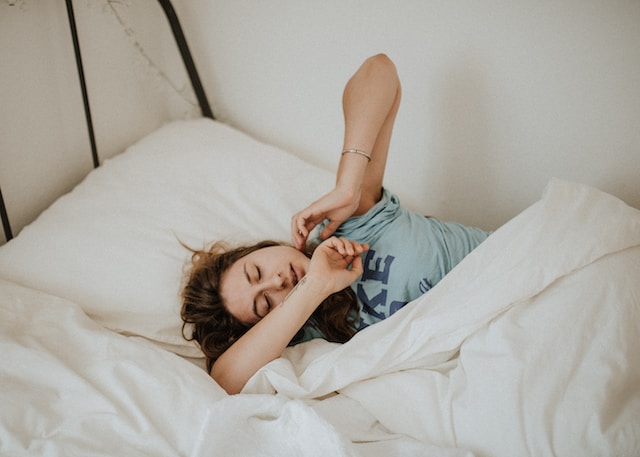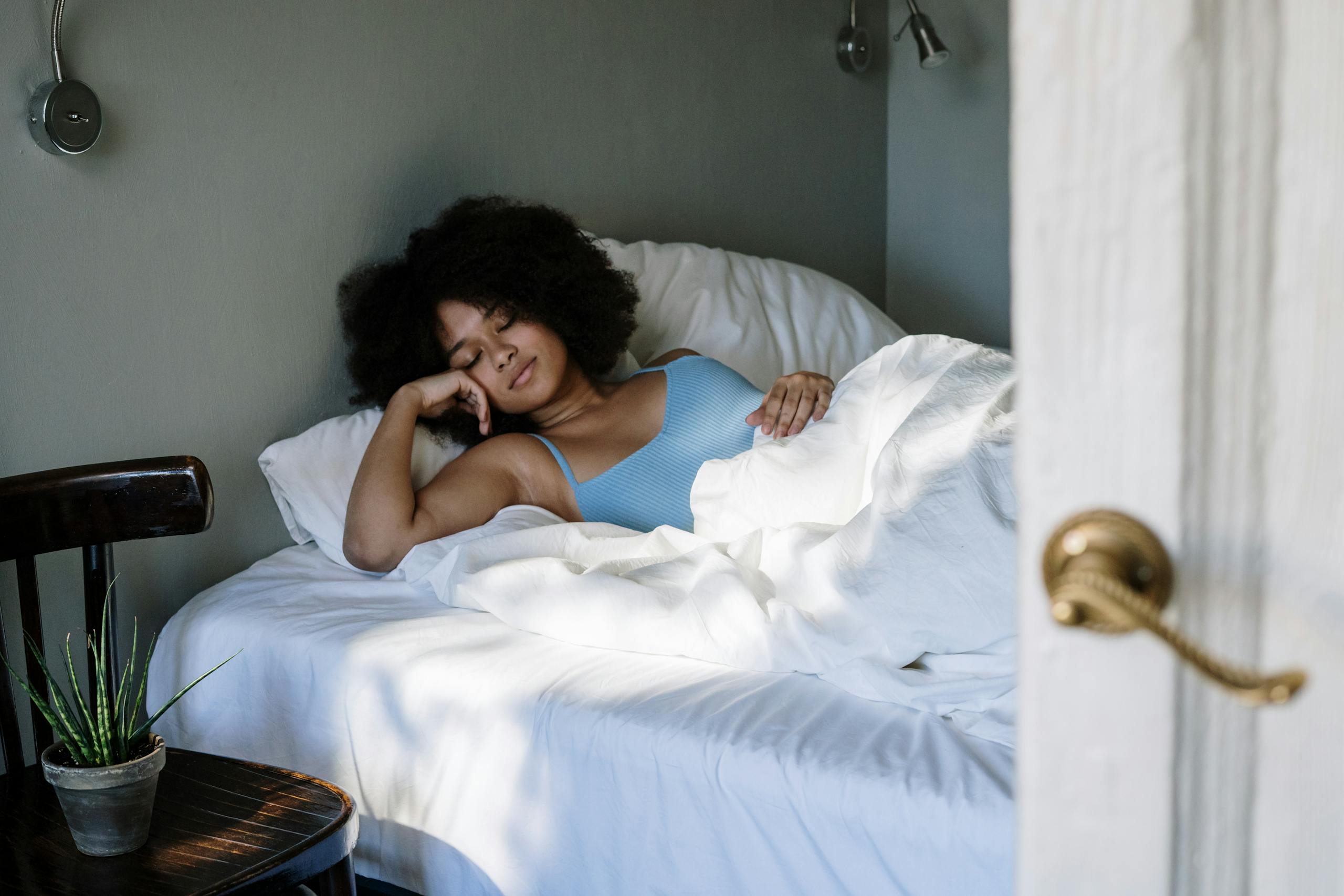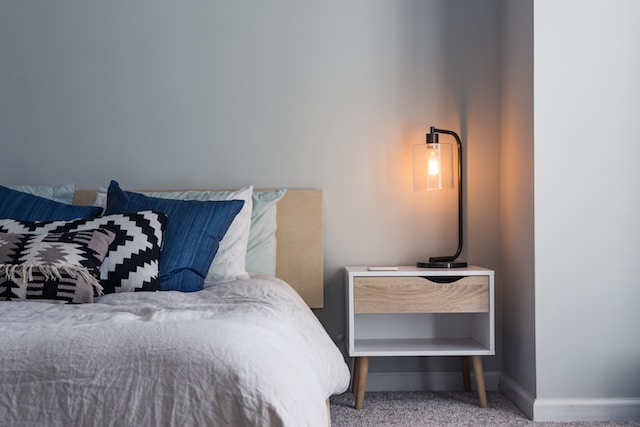The Connection Between Sleep And Exercise: How Exercise Can Help You Sleep Better
There are some affiliate links below, but they are all products I highly recommend. For more info, view my disclosure here.
Do you struggle to fall asleep or stay asleep at night? Have you ever considered that exercise could be the key to a better night’s rest? The connection between sleep and exercise is a fascinating topic that has been studied extensively in recent years.
Research has shown that regular exercise can improve the quality of your sleep, helping you to fall asleep more easily and stay asleep longer. How exactly does exercise impact your sleep? And what types of exercise are best for promoting better sleep?
We’ll explore the science behind the sleep-exercise connection, as well as provide practical tips for incorporating exercise into your daily routine to improve your sleep quality. Whether you’re a fitness enthusiast or a beginner, you’ll discover how exercise can help you achieve a more restful and rejuvenating sleep.
The Science Behind Sleep and Exercise
The science behind how exercise can help you sleep better is fascinating. It all starts with the fact that exercise can increase your body temperature. This temperature increase can help promote the production of melatonin, the hormone that regulates sleep.
When you exercise, your body also produces endorphins, which can help reduce stress and anxiety, both of which can interfere with sleep.
Exercise can help regulate your circadian rhythm, the internal clock that tells your body when it’s time to sleep and wake up. When you exercise regularly, your body becomes more attuned to this rhythm, making it easier to fall asleep at night and wake up in the morning.
In fact, studies have shown that people who exercise regularly tend to have more consistent sleep patterns than those who don’t.
Exercise can also help reduce the symptoms of sleep disorders, such as sleep apnea and insomnia. By reducing stress and anxiety, promoting relaxation, and improving overall physical health, exercise can help alleviate some of the underlying causes of these disorders.
So if you’re struggling with sleep, adding exercise to your routine may be just what you need to get a better night’s rest.
How Exercise Can Improve Sleep Quality
When you work out regularly, your body becomes more relaxed and you’re able to fall asleep faster and stay asleep longer. This is because exercise helps to reduce stress and anxiety, which are common culprits of sleepless nights.
Physical activity raises your body temperature, causing it to drop back down later on, signaling to your body that it’s time to sleep.
Regular exercise also helps to regulate your circadian rhythm, which is your body’s internal clock that tells you when to wake up and when to sleep. By sticking to a consistent exercise routine, you can train your body to naturally feel tired at the same time each night and wake up feeling refreshed in the morning.
This can lead to better sleep quality overall, making it easier for you to tackle the day ahead. Exercise has been shown to increase the amount of deep sleep you get each night.
Deep sleep is the most restorative stage of sleep, helping to repair and rejuvenate your body and mind. By prioritizing exercise in your daily routine, you can reap the benefits of a good night’s sleep and wake up feeling ready to take on whatever challenges come your way.
The Best Types of Exercise for Better Sleep
If you’re looking to improve your sleep, incorporating regular physical activity into your routine can be a game-changer. But not all types of exercise are created equal when it comes to improving sleep quality. The best types of exercise for better sleep are those that promote relaxation and reduce stress.
One of the best exercises for better sleep is yoga. Yoga combines movement with meditation and deep breathing, which can help reduce stress and promote relaxation. In fact, research has shown that practicing yoga regularly can improve sleep quality, reduce insomnia, and decrease the amount of time it takes to fall asleep.
Another great exercise for better sleep is walking. Walking is a low-impact exercise that can be done almost anywhere and at any time of day. A brisk walk in the morning or early afternoon can help regulate your sleep-wake cycle and improve your overall sleep quality.
Plus, spending time outdoors and getting some fresh air and sunlight can also help improve your mood and reduce stress levels, both of which can contribute to better sleep.

Creating a Exercise Routine for Better Sleep
To improve your chances of getting a good night’s rest, try creating an exercise routine that incorporates activities that promote relaxation and reduce stress. This could involve stretching, yoga, or even light cardio exercises that don’t leave you feeling too energized before bedtime. The goal is to make exercise a regular part of your routine so that your body gets used to the rhythm.
When creating your exercise routine, it’s important to consider your personal preferences and schedule. If you’re not a morning person, don’t force yourself to wake up early for a workout. Instead, find a time that works best for you and stick to it.
You could also consider exercising with a partner or joining a group fitness class to make it more enjoyable and hold yourself accountable.
In addition to incorporating exercise into your routine, it’s important to establish a consistent bedtime and wake-up time. This will help regulate your body’s sleep-wake cycle and make it easier to fall asleep and wake up naturally.
With a little planning and dedication, you can create an exercise routine that not only helps you sleep better but also improves your overall physical and mental health.
Tips for Maximizing the Sleep-Exercise Connection
Maximizing the sleep-exercise link can be as simple as choosing low-impact activities like swimming or biking. These types of exercises are less likely to cause stress on your joints and muscles, making it easier for you to fall asleep at night. Incorporating relaxation techniques like yoga or meditation into your exercise routine can further enhance its sleep-promoting benefits.
Another tip for maximizing the sleep-exercise connection is to exercise at the right time of day. For some people, exercising too close to bedtime can actually have the opposite effect and make it harder to fall asleep. Instead, aim to exercise earlier in the day, ideally in the morning or early afternoon. This allows your body enough time to wind down before bedtime.
Don’t forget the importance of getting enough rest between exercise sessions. Adequate sleep is crucial for muscle recovery and overall physical health. As you work towards improving your sleep and exercise habits, make sure to prioritize getting enough rest and recovery time. By doing so, you’ll be able to reap the full benefits of the sleep-exercise connection.

Now that you know the connection between exercise and sleep, it’s time to put it into practice. Start by making a plan for incorporating exercise into your routine. Choose activities that you enjoy and that you can realistically commit to. Remember, consistency is key.
It’s also important to prioritize sleep and make sure you’re getting enough hours each night. Aim for at least 7-8 hours of sleep per night, and try to establish a regular sleep schedule.
By combining exercise and good sleep habits, you’ll be well on your way to feeling more rested, energized, and healthy. So why not start today? Your body (and mind) will thank you.






